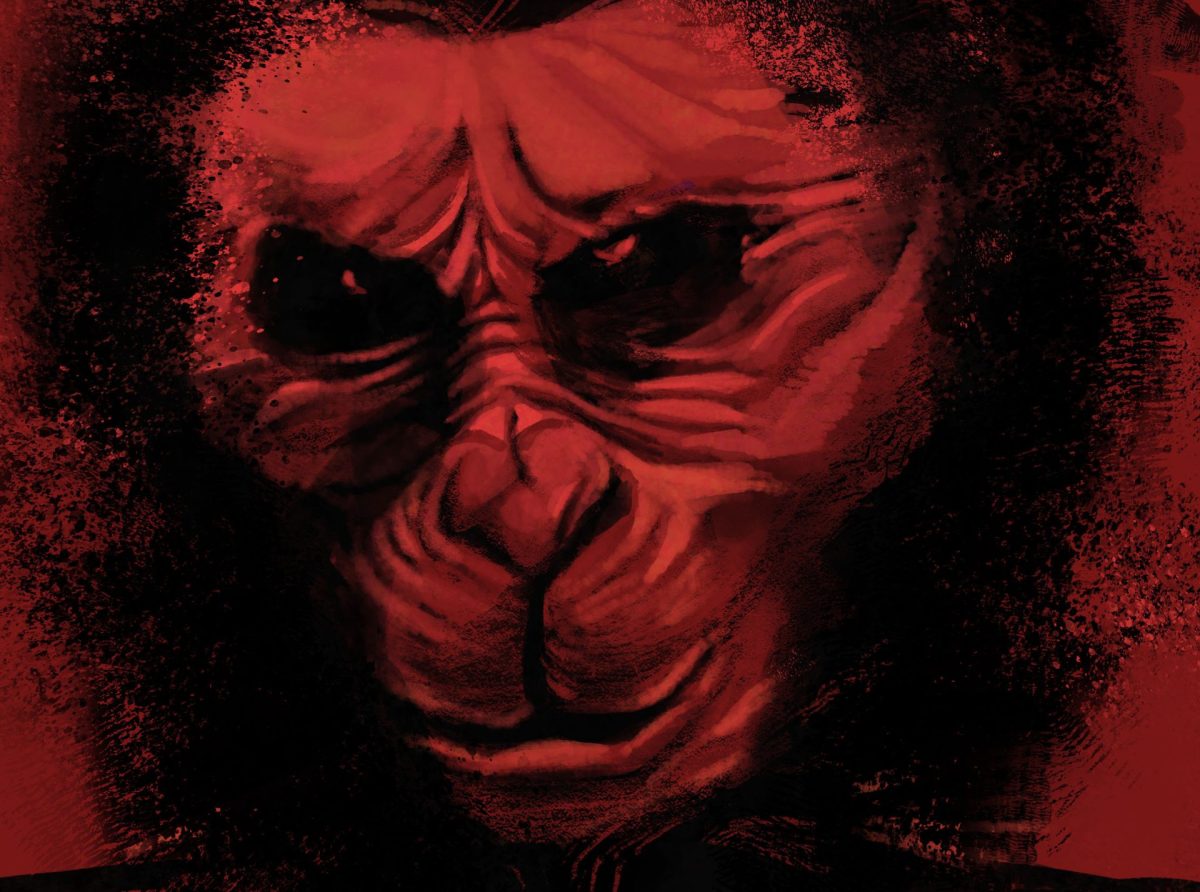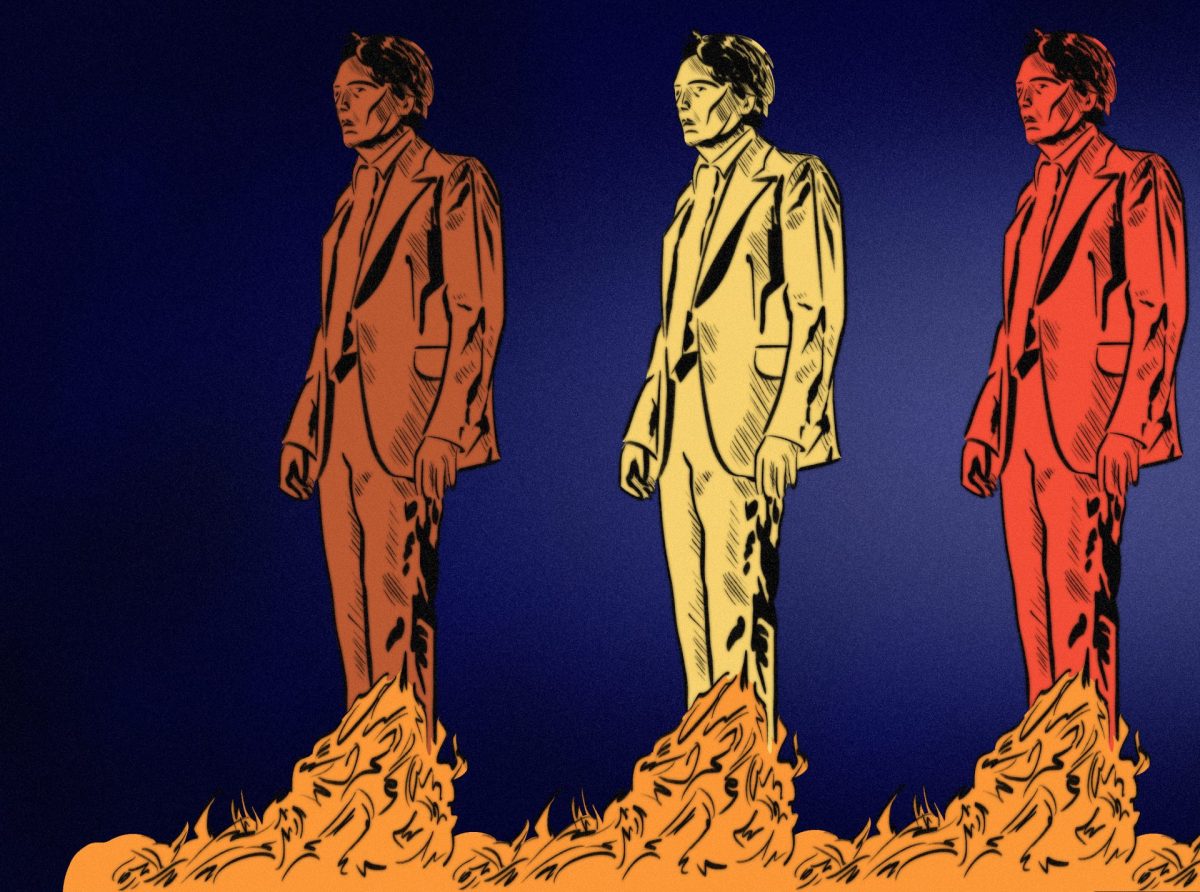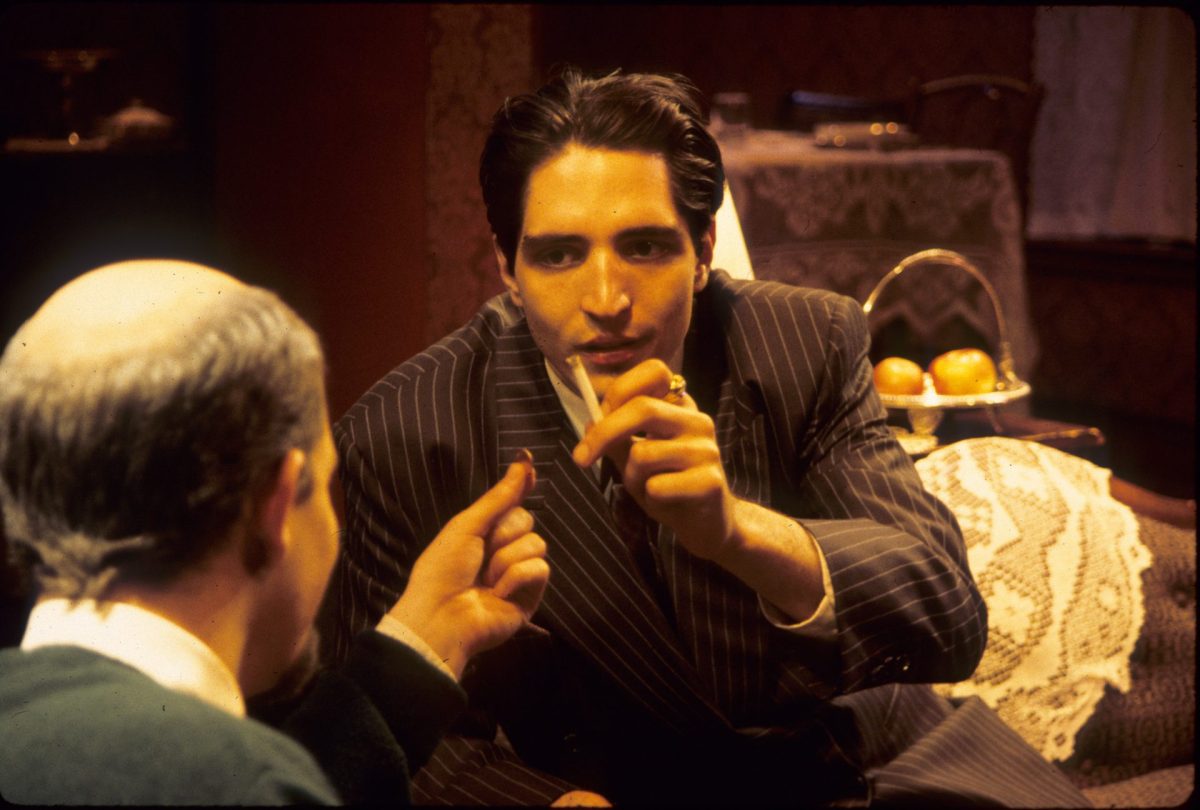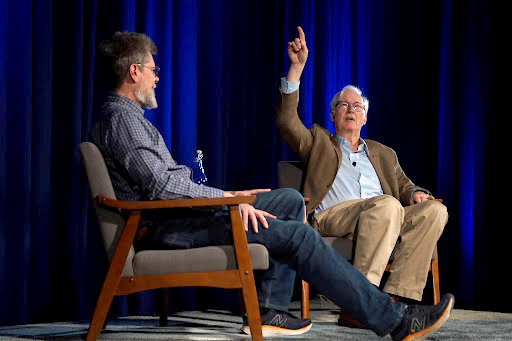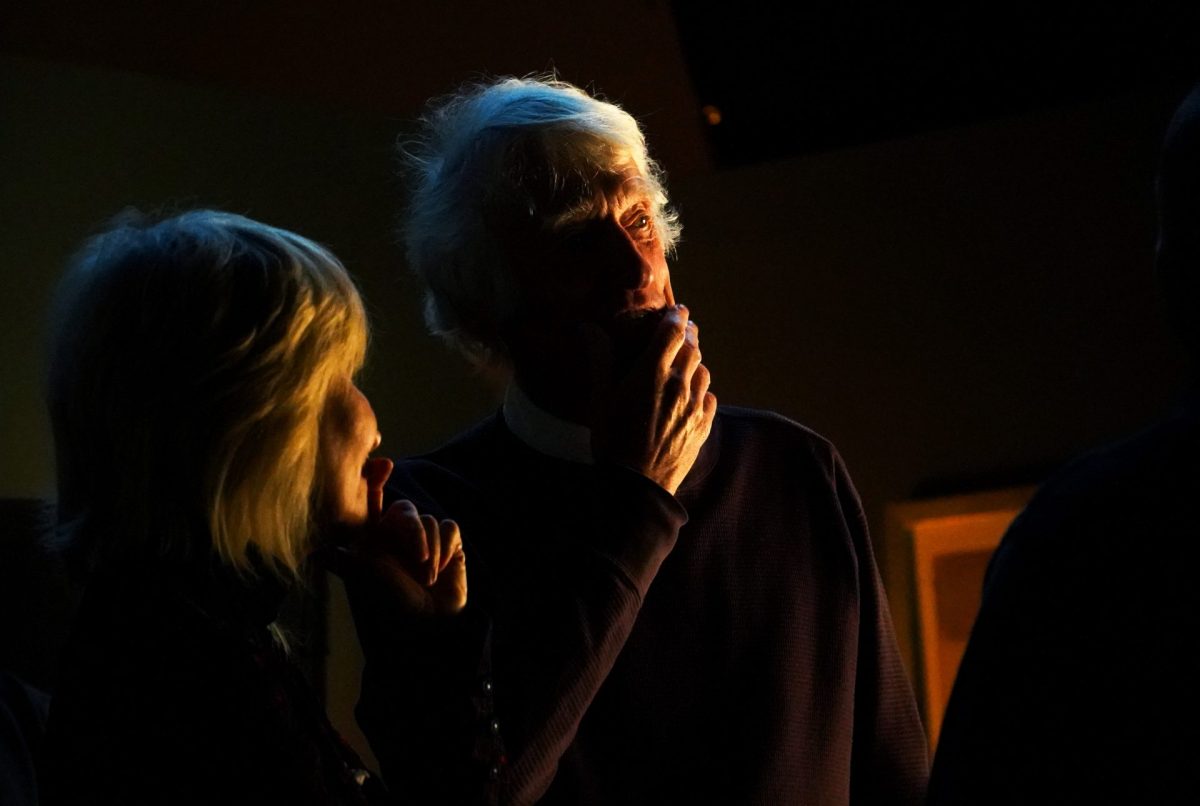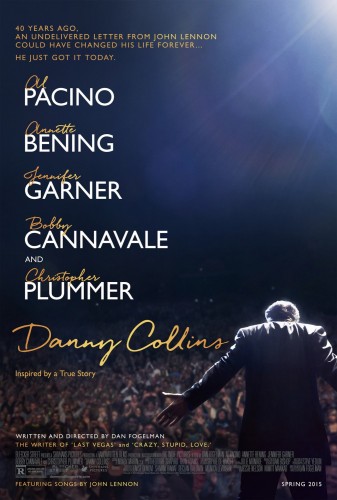
“Danny Collins” sometimes seems like it was made by Disney, though given the main character’s tendency to funnel cocaine up his nose, you can probably guess that it wasn’t. Still, this R-rated “dramedy” comes off so melodramatically predictable it is hard to take seriously, though it’s enjoyable nonetheless. There are a number of great elements underneath “Danny Collins,” they’re just a little hard to find.
The film follows Al Pacino in his most refreshing role as the title character: a washed up soft-rock star who turns his life around after he discovers a letter written to him by John Lennon in the ’70s. Lost for years in pawnshops, the 40-year-old letter is finally given to Collins as a birthday present from his manager and best friend Frank (Christopher Plummer). In it, Lennon invites Collins to England to discuss how to handle a musician’s fame while staying true to the music. Given that Collins is a one-hit wonder with a ludicrous house, 21-year old model fiancé and drunken life style, it’s quite obvious he hasn’t.
While “Danny Collins” was marketed as a true story, the film opens with a more than fitting title card reading, “kind-of based on a true story a little bit.” The letter itself is very real, originally sent to British folk Steve Tilston from Lennon during the ’70s. And much like the film, Tilston never received it till the late 2000’s, but that’s essentially where the film’s reality ends.
But while Danny Collins himself is very fictional, Al Pacino brings an inherent liveliness to the exaggerated Neil Diamond-type star.
For Collins, the letter stands as a sort of ‘Ghost of Christmas Past,’ driving him to be better a man, starting with his estranged son in New Jersey. Going against Frank’s wishes, Danny cancels his tour midway, breaks up with his girlfriend, flies to New Jersey and checks in at suburban Hilton. Yes, the character arc sounds forced, but it doesn’t come off that way. Collins is still his crazy self, making the hotel scenes so enjoyable, especially with Mary (Annette Bening), the hotel manager to whom Collins begins to fall for.
The story takes an unexpected turn half way through the film, as Collins begins to resurrect a lost relationship with his son Tom Donnelly (excellently played by Bobby Cannavale), and the family he’s built over the years. Though what started as a cleverly witty script gets devoured with sappiness in this abrupt plot shift. To say what exactly happens would take away the effectiveness behind this turn, an effectiveness that does not truly work until the film’s bittersweet last scene.
Much of the credit goes to the stars who keep this film more than alive. Pacino creates undeniable chemistry with each actor on screen, especially Bening and Cannavale whom he spends most of his time with in the film.
And that’s where the film succeeds best at: its casting.
Watching pros such as Pacino, Plummer and Bening throw each around Fogelman’s dialogue is more than enough reason to see this film. And while this film could have been great if it had dropped a little of the heart and added a degree of dimension to its characters, it still stands well on its own.





